SUMMARY
This is AI generated summarization, which may have errors. For context, always refer to the full article.
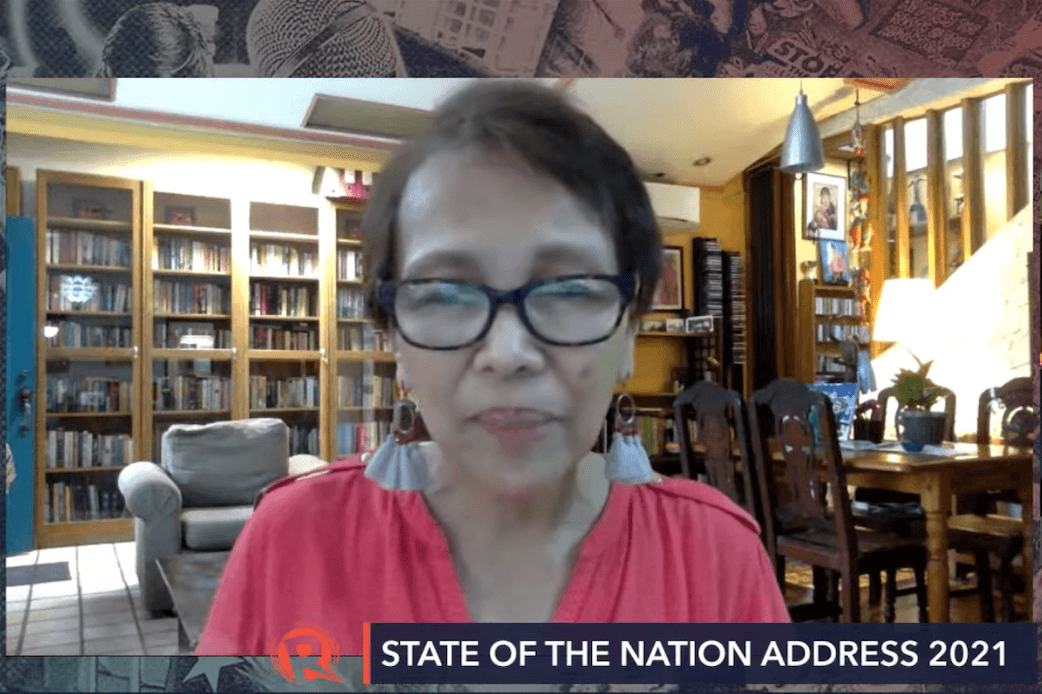
President Rodrigo Duterte can taunt the International Criminal Court (ICC) all he wants, but he may not have the last laugh.
If the ICC greenlights the probe into President Rodrigo Duterte’s bloody drug war, his refusal to cooperate would not be a big hurdle, according to Rappler editor-at-large Marites Vitug.
“As you know, the Philippine government has said that they will not cooperate with the ICC, and they will not allow anyone from the ICC to come to the Philippines, but this is not a hurdle, this is not a big hurdle because there are ways of getting evidence without coming to the Philippines,” said Vitug said during Rappler’s pre-SONA 2021 panel on Monday, July 26.
For one, Vitug explained that parties can meet in a third country. Apart from this, she added the new ICC prosecutor Karim Khan has said he will work with national and domestic lawyer groups and human rights groups.
The ICC’s pre-trial chamber is set to make a decision in the coming months on whether it should launch a formal probe into Duterte’s drug war. Presidential Spokesperson Harry Roque previously said that Duterte would “never cooperate” with any ICC probe.
Roque claimed the ICC lacked jurisdiction because the Philippines withdrew from the Rome Statute in March 2019. However, the Supreme Court said that the Philippines is still obliged to cooperate in the ICC’s criminal proceedings even if it has withdrawn from it.
Still, Roque insisted that it will not change Duterte’s stance of not cooperating with the ICC.
Meanwhile, international criminal trial lawyer Peter Robinson spoke to Vitug recently about Article 127(2) of the ICC statute. “If the Prosecution does not commence its investigation within one year of a country’s withdrawal from the Rome Statute, that country is no longer under an obligation to cooperate with the Court,” Robinson said. (WATCH: Southeast Asia Speaks: Lawyer Peter Robinson on hurdles faced by ICC)
“The Philippines withdrew from the Rome statute in March 2018. Since the Prosecutor did not commence its investigation by March 2019, the Philippine government is under no obligation to cooperate with the ICC,” he said.
According to Robinson, this may mean that if the investigations lead to charges against persons in the Philippines, the government will not be obliged to arrest them, and it would be difficult for the international community to pressure the Philippine government “to do something it is not legally obligated to do.”
If the pre-trial chamber decides to open an investigation, Vitug said that there will be another long process of gathering evidence, including testimonies, audio recordings, video recordings, and documents.
But in his final State of the Nation Address, Duterte even dared the ICC to record his threats against those who “destroy” the country with illegal drugs.
“I would never deny and the ICC can record it: Those who destroy my country, I will kill you. And those who destroy the young people of our country, I will kill you,” he said.

Retired ICC prosecutor Fatou Bensouda, who applied for an authorization with the ICC pre-trial chamber to open a probe into Duterte’s drug war, had said that Duterte’s violent rhetoric forms part of a policy to kill. – Rappler.com
Add a comment
How does this make you feel?

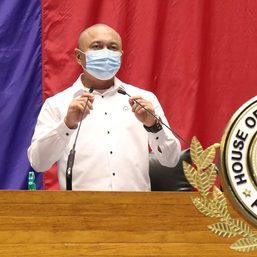
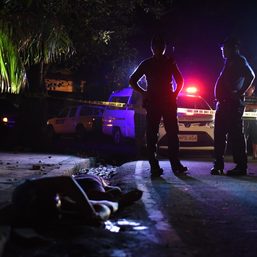
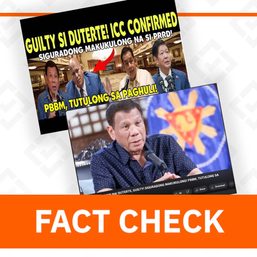
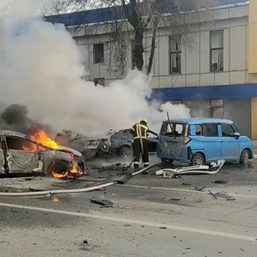


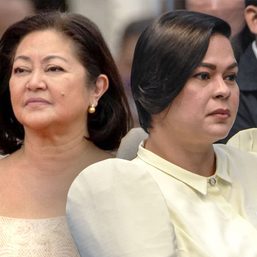
![[OPINION] ‘Some people need killing’](https://www.rappler.com/tachyon/2024/04/tl-some-people-need-killing-04172024.jpg?resize=257%2C257&crop_strategy=attention)
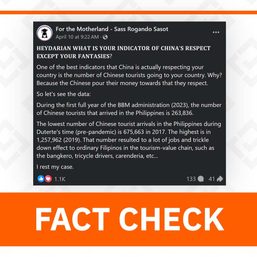
There are no comments yet. Add your comment to start the conversation.